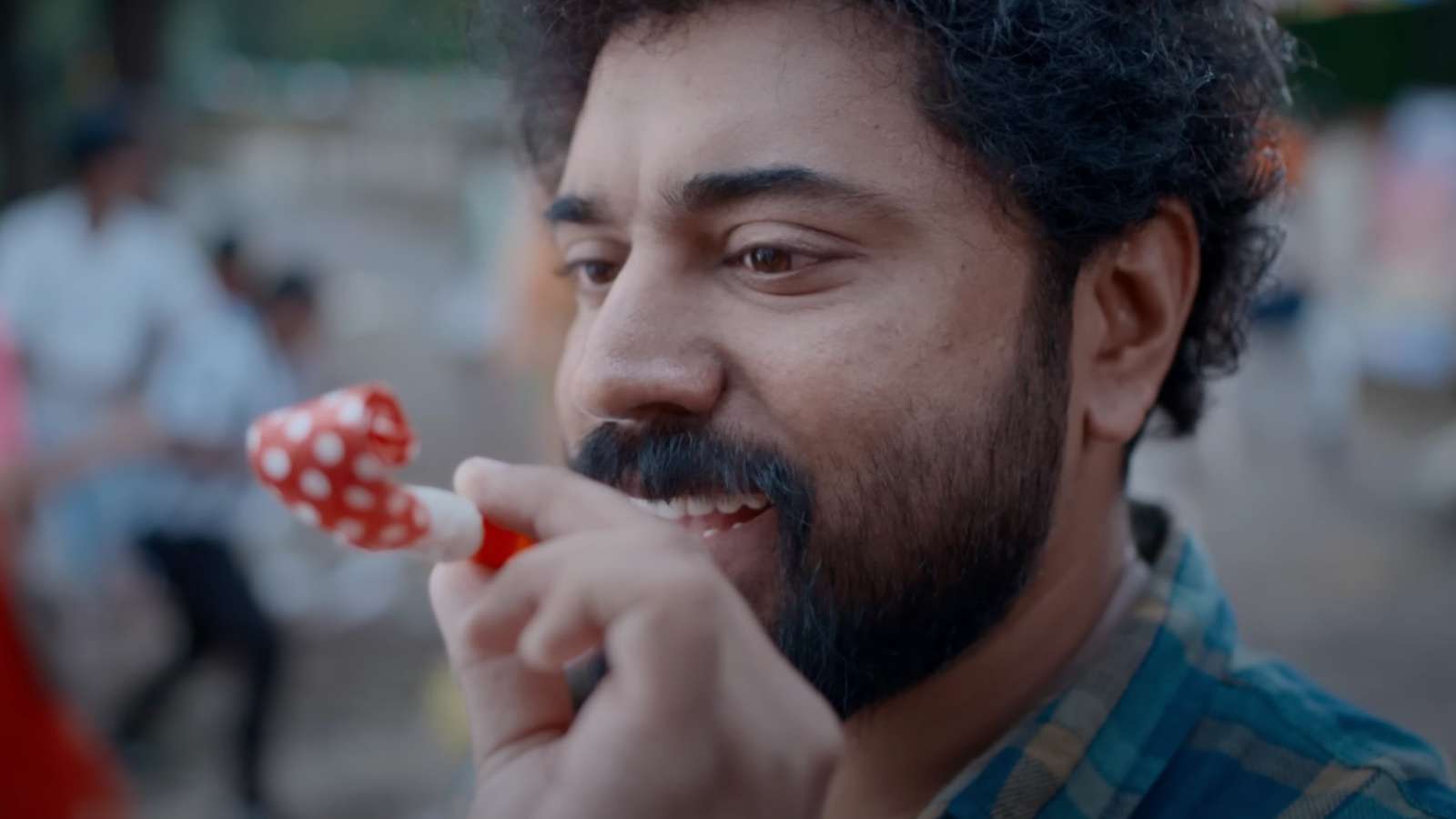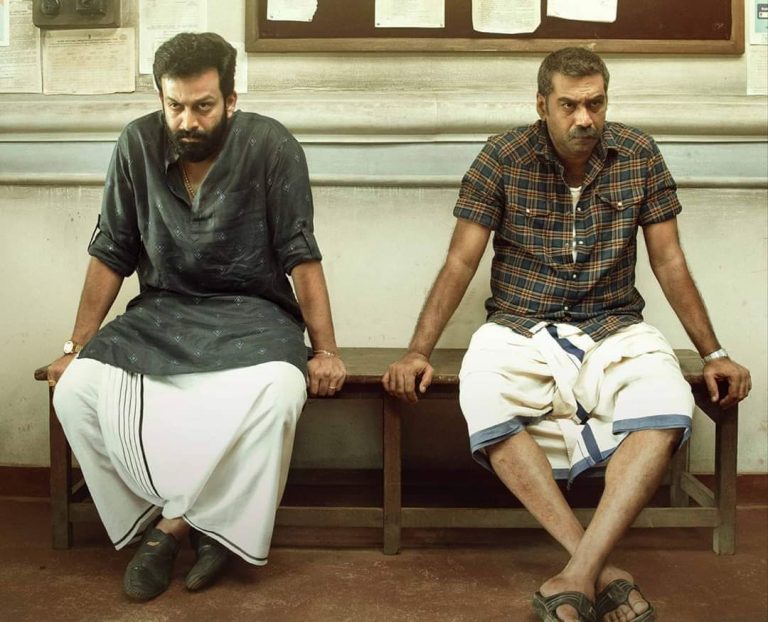The test of a truly bad film is determined by its ability to baffle and confound on the most basic issues. It is one thing to have spectacularly shoddy writing, quite another when the film seems so delighted in it that it comes off as a colossal conceit on the part of everyone involved in its making. A truly atrocious film can send you into an existential fit for the worse and leave you thinking of how the stars could have aligned in such a manner that nobody noticed how unforgivably tawdry the film is, from the design of its narrative to the speciousness of its writing.
To pull off a film, you need more than sincere intentions that purport to have a progressive agenda. Dijo Jose Anthony’s “Malayalee from India” displays all the worst excesses of a filmmaker so confident in his messaging that nothing else holds water for him. He just randomly puts scenes together into a clumsy, jarring mix, consistently defying any logical schema and filling out with an abundance of the most banal detours. These are so head-scratchingly dull and cloying that you struggle to fathom why the film is so committed to making a fool of itself.
Did no one in the team spot the obvious, monumental issues in the fundamental approach of the film to character motivation and a gradual transformation? How is it possible that the sheer corniness of the humor was deemed fit to support an entire film by itself? What is the rationale behind odd insertions of political feuds and commingling them with the primary character, i.e., Aalparambil Gopi (Nivin Pauly), only to fling him into a thinly rendered foreign setting and stir into place a change of heart?

Gopi is a reckless lout, rascal, and stalker. He is also right-wing and resolutely convinced of the government’s schemes. He is jobless and doesn’t think of it much as an issue, leaving his mother scrambling through various odd jobs to keep their household running. This is a particularly annoying character, and I grew increasingly pissed at him even though the film labored extravagantly at providing him some sort of growth into responsibility, never mind that the route it takes to achieve that is outlandish, to say the least.
There is an icky song sequence devoted to him stalking a girl despite her insistence that he leave her alone. Thankfully, this problematic romance is chucked as the film follows Gopi, who lands in serious trouble with goons who have political backing. Things get so nasty that he is convinced he has to flee home. He lands abroad, where he is told he has a job waiting for him. He is so naïve he believes in everything too quickly.
Maybe we are supposed to sympathize with his follies, but it only results in more irritation with the character for acting so clueless. He finds himself in the middle of nowhere in a desert with a Pakistani, Jalal bin-omar ( Deepak Jethi), who he believes will source for him the job and food as well. He couldn’t have been more mistaken. The relationship, maturing from suspicion to friendship, propels the emotional dynamics of the film.
“Malayalee from India” suffers from a rotten case of writing that merely trades in cliches, fuels hammy performances, and seems determinedly antithetical to any plausible developments. The stubborn predictability of the narrative doesn’t help the film at all. With a dash of melodrama, the director tries to extract all the emotions which have no reason to exist otherwise. Gopi’s attempts at escaping from the situation, his quick return, and how the two men begin unsurprisingly to trust each other are underlined with a few assembly-line montages, customarily encapsulating the happy moments and the inevitable streaks of tragedy. Nivin Pauly is serviceable at bumbling and evoking bursts of emotions. Overall, “Malayalee from India” is a misfire of epic proportions.



![Chasing Dream [2020]: ‘NYAFF’ Review – Where MMA meets a Reality Show](https://79468c92.delivery.rocketcdn.me/wp-content/uploads/2020/09/Chasing-Dream-Movie-Review-highonfilms-featured.jpg)


![Battle of the Sexes [2017] – An Imperfect Yet Rousing & Timely Examination of Rampant Sexism](https://79468c92.delivery.rocketcdn.me/wp-content/uploads/2017/12/cover2-768x512.jpg)

